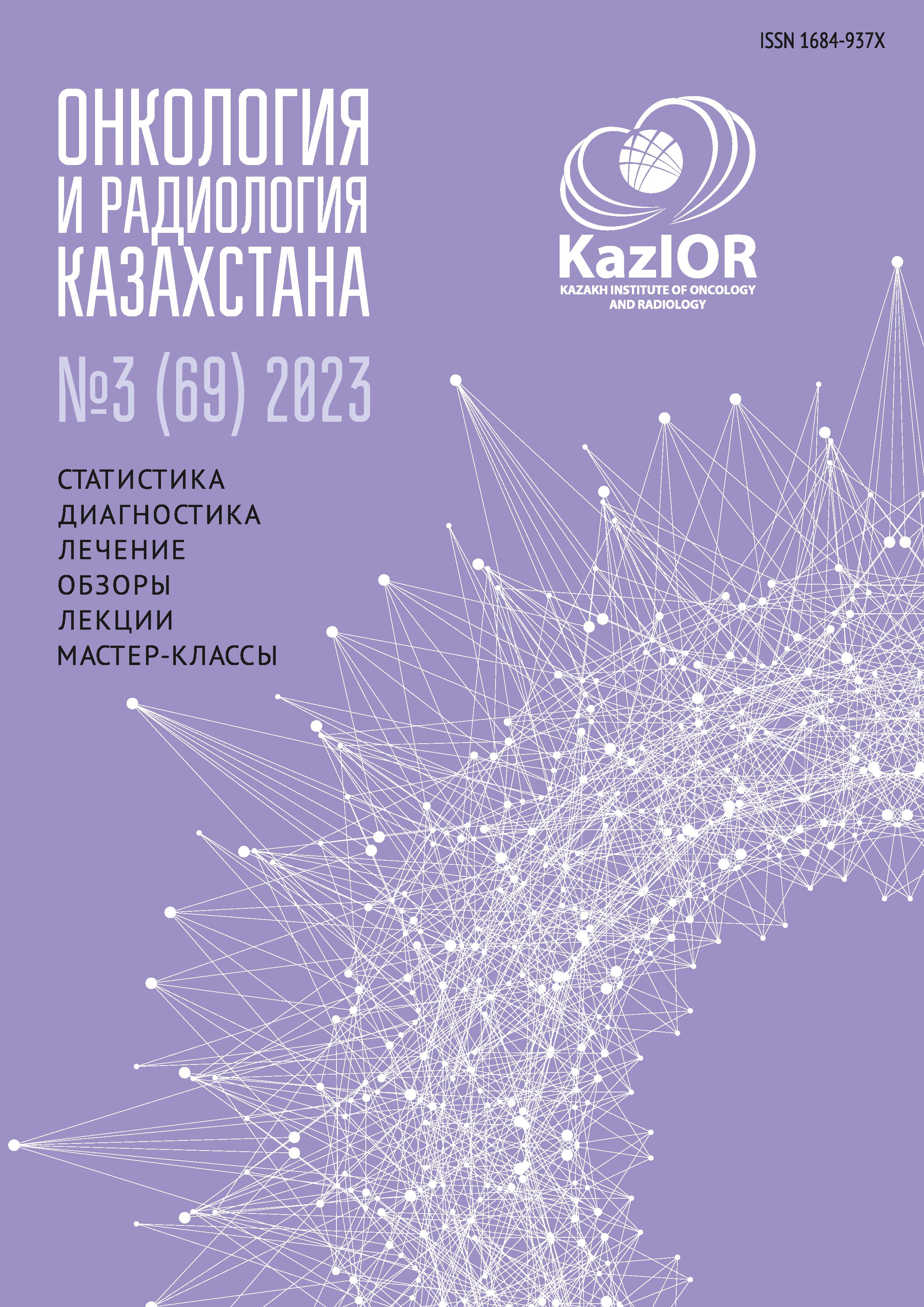Genome-wide association study in breast cancer: A literature review
DOI:
https://doi.org/10.52532/2521-6414-2023-3-69-72-78Keywords:
Breast cancer, Genome-Wide Association Studies (GWAS), Single Nucleotide Polymorphism (SNP), polygenic risk score (PRS)Abstract
Relevance: Breast cancer (BC) is one of the major health problems in the Republic of Kazakhstan. Genome-wide association studies (GWAS) are used to identify genetic factors contributing to breast cancer development in Kazakhstan and worldwide. The GWAS method consistently helps to find associations between certain single nucleotide polymorphisms (SNPs) in the genome and the development of pathological conditions, including breast cancer, by identifying more than 170 genomic sites. In addition to searching for loci associated with BC, these studies have expanded our understanding of BC heritability using SNPs located in regulatory areas and identifying DNA variants associated with drug metabolism for treatment personalization purposes.
The study aimed to highlight the key concepts of modern methods in genetics based on GWAS.
Methods: A literature search in PubMed, Scopus, GWAS Catalog, Cochrane Database of Systematic Reviews, etc., was performed to select and analyze relevant information.
Results: The article describes significant GWAS studies in the field of breast cancer, describes certain genes associated with the development of the disease, identifies shortcomings, and identifies further strategies for the development of GWAS in the Republic of Kazakhstan.
Conclusion: The results of this study have improved our understanding of the biological mechanisms that contribute to breast cancer risk and may ultimately lead to the development of new targeted therapies for the disease.

